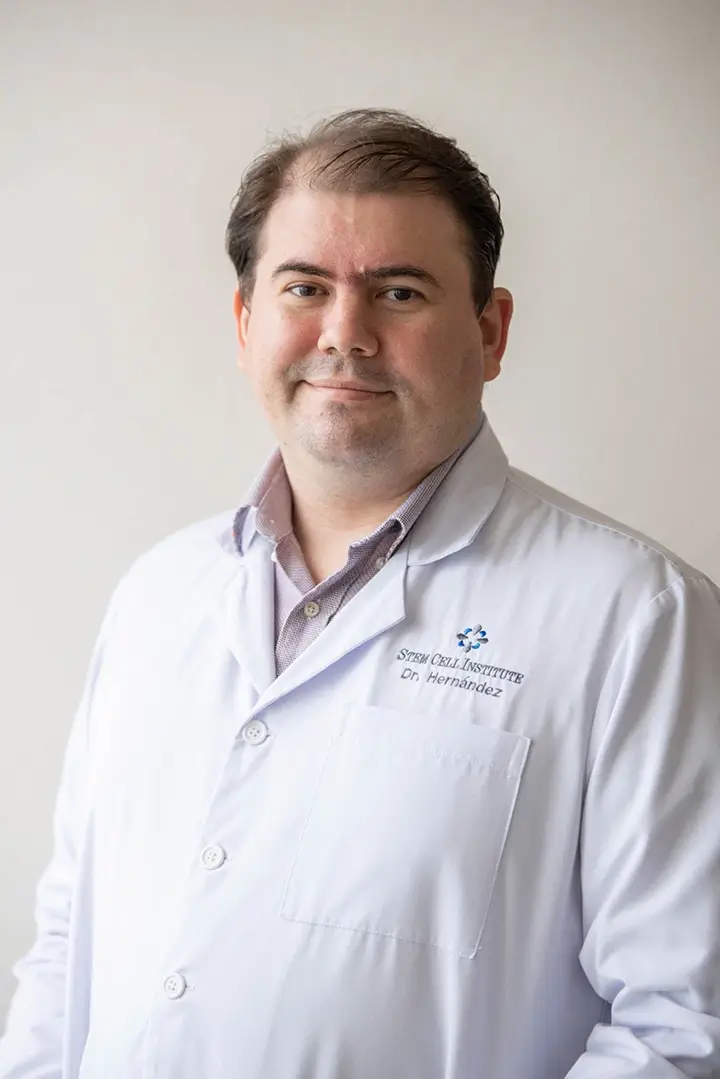Democrats have been spending ample time planning for next years elections. Specifically, on the topic of embryonic stem cell research. But a breakthrough by Japanese and American research teams could give President Bush and those who mirror his sentiments more than enough support to end the debate.
Progress in embryonic stem cell research was potentially blocked earlier this year when President Bush vetoed two separate bills which were in favor of allocating taxpayer dollars for the science.
The destruction of human embryos was not necessary in order for medical advances to be made in the field of stem cell science advocated Bush.
He may have been on the right track with his statements. On Tuesday, two separate research teams from Kyoto University in Kyoto, Japan, and the University of Wisconsin-Madison, reported stem cell advances that could end the controversy over embryo use forever.
The journals Cell and Science published papers by both teams on Tuesday regarding the breakthrough. Science published the work of Junying Yu, who was working in the lab of stem-cell pioneer James Thomson of the University of Wisconsin-Madison. Cell published a paper by the team led by Dr. Shinya Yamanaka of Kyoto University.
Both teams were able to take regular human cells, in this case skin cells, and use a technique called “direct reprogramming” to alter the cells to have the same potential as embryonic stem cells. All this without destroying, or even touching, a single human embryo.
White House officials are calling the debate over.
“This is evidence … that we can get the good results we want from science without cutting corners on ethics,” said Karl Zinsmeister, Bush’s domestic policy adviser. “Let’s not set up a false choice between on the one hand, progress, and on the other hand, ethics.”
The greatest potential in stem cell research is believed to be synonymous with embryonic stem cells. This is a conviction that many individuals adhere to, despite the existence of evidence pointing to some forms of adult stem cells having similar potential. However, the debate begins and ends with the human embryo, which is destroyed in the cell harvesting process. Bush and his allies do not want to force taxpayers into what may be an ethical dilemma for many. Supporters of embryonic research say that the embryos, left unused, would be discarded regardless, and that public money would only be directed towards these specific embryos.
Some defenders of embryonic research say that all types of this science should be federally funded, and that the breakthrough changes nothing about the debate.
“The argument that we need to have all types of ethical research is the argument that sways voters,” DeGette said Tuesday. “The White House and the opponents of stem cell research have been saying for years that they think adult stem cells are substitutes. This is not a new argument that they’re making.”
“Scientists may yet find that embryonic stem cells are more powerful,” said Sen. Tom Harkin, D-Iowa.
“We need to continue to pursue all alternatives as we search for treatments for diabetes, Parkinson’s and spinal cord injuries.”
But these comments seem indefensible thanks to the new technique. If skin cells, or any adult cell for that matter can be easily modified to have the exact same potential as an embryonic stem cell, than the debate is truly over. What researchers are left with is essentially, an embryonic stem cell, without the destruction of an embryo.
Scientists who have long supported embryonic science and cloning are beginning to switch sides. Even the most notable have applauded the breakthrough.
Scottish researcher Ian Wilmut, famous for his role in cloning Dolly the sheep a decade ago, has given up his embryonic cloning approach to produce stem cells and switched to direct reprogramming instead.
The Japanese method has more potential than embryonic stem cell research; Professor Wilmut said his own research team held a meeting at which this point was agreed on.
He said: “The work which was described from Japan of using a technique to change cells from a patient directly into stem cells without making an embryo has got so much more potential.”
If those who know more about stem cell science than the politicians agree that using the new technique offers more potential than embryonic stem cells, than the an end to embryonic stem cell research may be on the horizon.
“It solves the ethical dilemma,” said Sen. Tom Coburn, R-Okla. “This should put an end to” the debate.
“Maybe we can all now reach agreement on what has been an all-too-divisive issue and advance this promising research through the power of federal funds,” said Senate Minority Leader Mitch McConnell, R-Ky.
Despite any results, the debate should still make an appearance on the campaign trail in 2008.
“It’s terribly wrong for any politician to be trying to pick and choose one type of ethical research over another,” DeGette said. “That issue isn’t going away.”

